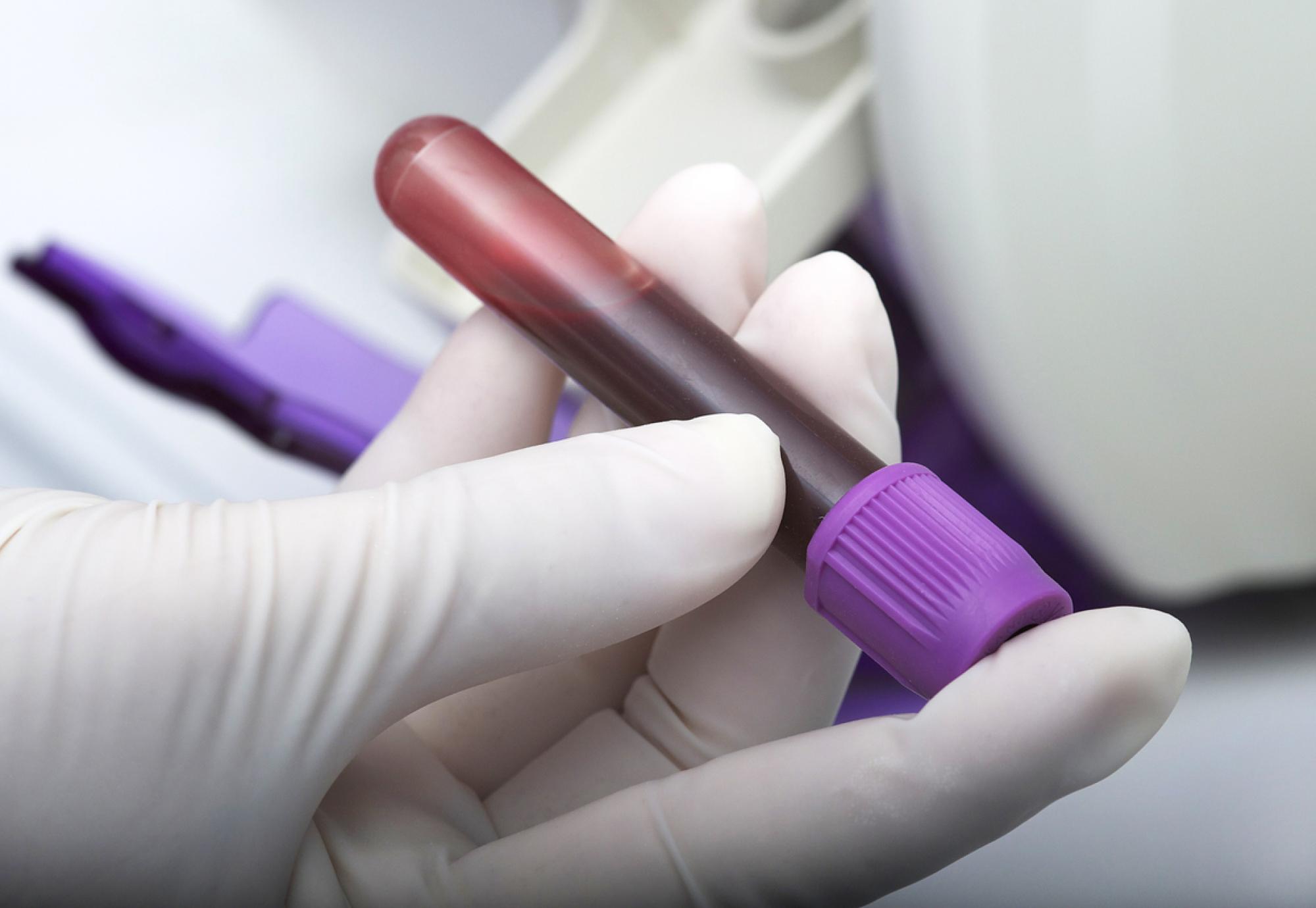The Royal Marsden NHS Foundation Trust has launched an innovative trial that could detect breast cancer relapses months and even years in advance.
As part of this international undertaking, researchers will first recruit oestrogen receptor (ER) positive breast cancer patients to the trial; the patients will then have a blood test every three months for as many as three years, so the researchers can determine whether a patient’s cancer is returning.
The blood test works by monitoring the levels of circulating tumour DNA (ctDNA) in a given blood sample. The test can detect even the smallest amounts of ctDNA in a sample and can therefore alert researchers to whether a patient is having a molecular relapse – i.e. cancer is returning and patient is going to relapse.
Evaluating patients this way enables clinicians to catch the cancer at the earliest stage possible, with some ctDNA having previously identified relapsing patients months and even years before it would’ve been noticeable on a scan.
Principal investigator of the TRAK-ER trial, Professor of Molecular Oncology at The Institute of Cancer Research, London, and Head of the Ralph Lauren Centre for Breast Cancer Research at The Royal Marsden, Professor Nicholas Turner, said: “The risk of relapse for ER positive breast cancer patients is spread out over many years after initial treatment, which is one of the reasons why scans aren't effective in trying to pick it up.
“Blood tests could become the standard way of following up with this group of patients, and if the trial produces encouraging results, this could revolutionise how we treat ER positive breast cancer patients in the future and hopefully save more lives.”
If a patient is found to have ctDNA in their bloodstream but there isn’t any observable abnormalities on a scan, they will go down one of two routes.
Patients will either be given palbociclib and fulvestrant or they will given an option of continuing the hormone treatment they are currently on or making a change.
This will allow researchers to assess the efficacy of treating patients with palbociclib and fulvestrant, compared to just standard hormone therapies.



















